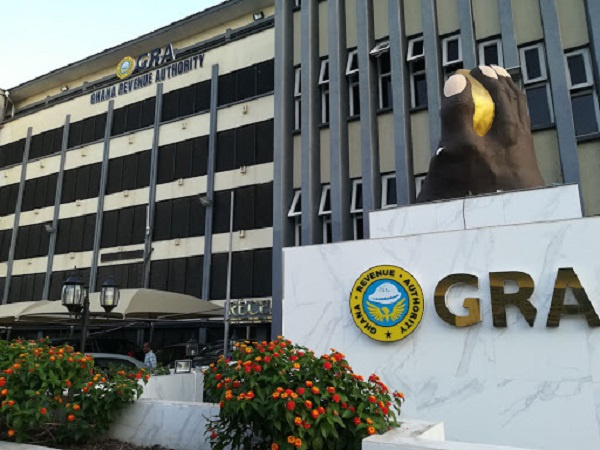The Ghana Revenue Authority (GRA) has vigorously denied allegations made by media outlet “The Fourth Estate” about a supposedly “questionable” contract with Strategic Mobilization Ghana Limited (SML), seeking to correct the record.
To be clear about the details, GRA and the Ministry of Finance emphasized that their work with SML is part of a five-year contract. This time frame is in stark contrast to the ten-year period that “The Fourth Estate” emphasizes.
In a statement, the GRA confirmed that it had signed a consolidated contract with SML, along with the Ministry of Finance, to monitor and audit the Minerals and Metals Resources Value Chain in 2023, Upstream Petroleum Production in 2023, and the Downstream Petroleum Sector in 2019.
GRA explained that the rationale for this contractual alignment is based on SML’s impressive history, specifically its ability to provide immediate data reconciliation in the downstream petroleum industry.
“The new and consolidated contract which is for a term of five years and not ten years as alleged by the publication and was agreed upon based on the performance of SML in monitoring the downstream petroleum sector and the provision of instant reconciliation of real-time data in the sector”, the GRA’s Communication and Public Affairs Department signed the statement.
According to the GRA’s Catalogue of the Performance of the Downstream Petroleum Sector under the Assurance Contract, the authority measured fuel in depots manually prior to SML’s involvement.
The GRA claimed that using dipsticks to measure fuel was antiquated and dangerous for officers climbing ladders to check the tankers’ fuel levels.
“It was inefficient and prone to revenue leakages. Currently, oil deposited by the Bulk-Oil Distribution Companies in the depots is measured by SML with the aid of sensors installed on the depots (Red flow metres). During offloading from the depots, SML again measures all the various liftings of the Oil Marketing Companies (OMCs)”.
GRA’s previous manual fuel quantification system, which relied on antiquated techniques, has experienced a radical change. By using state-of-the-art sensors to prevent revenue leaks and operational inefficiencies, SML’s intervention has ushered in a new era of precision.
The Integrated Customs Management System (ICUMS) synchronization is ensured by this strong data framework. The integrity of the system is strengthened by the prompt resolution of any discrepancies found within.
The GRA went on to say that systemic flaws in the accounting and collection of petroleum taxes between 2015 and 2020 were confirmed by the revenue assurance exercise conducted by EY Ghana and subsequently by the Ministry of Finance’s Revenue Assurance and Compliance Enforcement (RACE).
“The mode of transmission of data from various sources and systems was fraught with inconsistencies resulting in loss of revenue”, the statement said, adding that “extensive reconciliation had to be done on the various platforms and institutions within the Petroleum Downstream value chain to collect revenue that would have otherwise been lost.”




